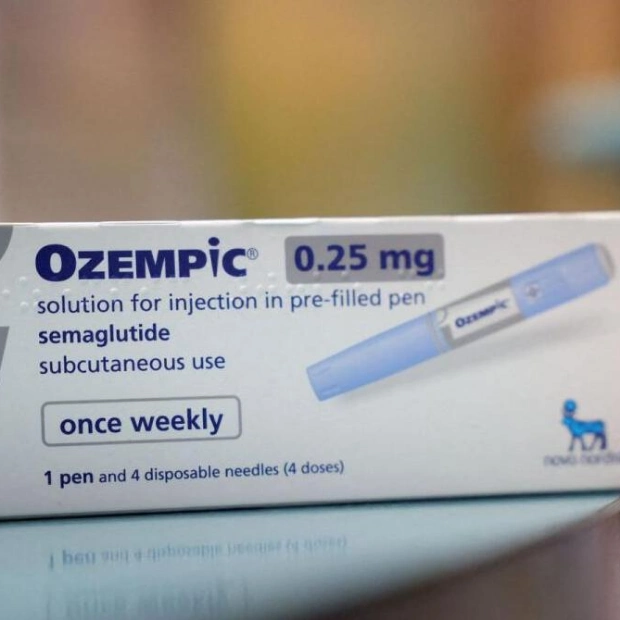Russian lawmakers passed legislation on Tuesday aimed at regulating cryptocurrency mining, while also exploring its potential use in cross-border payments to bypass Western sanctions. Russia's access to the global payments network has been significantly restricted due to its military actions in Ukraine, affecting its international trade capabilities.
The new legislation would allow the Russian central bank to initiate a pilot program to test the use of cryptocurrency, which was previously not authorized for payments, in international transactions. Moscow anticipates that these digital transactions, which are more challenging for Western regulators to monitor, will facilitate the purchase of prohibited goods on the global market.
The State Duma, Russia's lower house of parliament, approved the bill in its second and third readings on Tuesday. It will now proceed to the Federation Council and then to President Vladimir Putin for final approval. Additionally, the legislation will impose stricter regulations on domestic cryptocurrency mining. Russia ranks among the world's top crypto mining countries, although Putin has expressed concerns about the high energy consumption involved in mining.
Under the new rules, large-scale mining operations will be confined to companies listed by the government, which must also report transaction data to various agencies. The government could also prohibit mining in areas where it strains the energy grid. Putin mentioned that three Siberian regions are already experiencing energy shortages due to intensive crypto mining, which requires significant computing power to solve complex equations. The region, known for its cold temperatures and inexpensive electricity, is a global hotspot for crypto mining.
Earlier proposals to completely ban cryptocurrency trading were excluded from the legislation. Russian officials have been debating the regulation of the industry for several years. The central bank is promoting its own "digital ruble," a government-backed, blockchain-based digital currency intended to strengthen the country's payment infrastructure.






